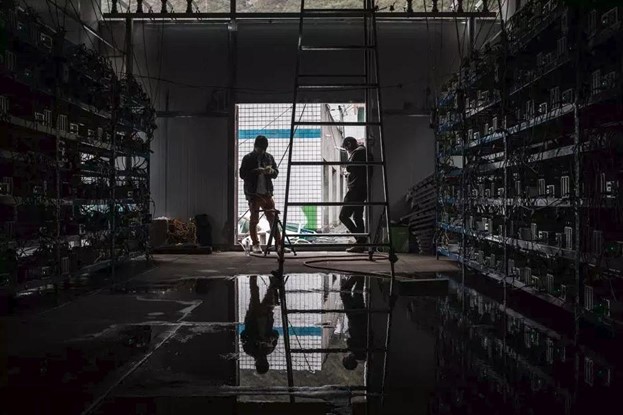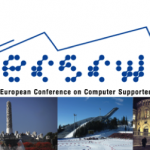Based at the IT University of Copenhagen, the section of Technologies in Practice conducts qualitative studies of technologically mediated practices in organisations and everyday life.
The vast majority of societal challenges demand critical engagement with contemporary technologies.
Our interdisciplinary environment provides students and researchers with the resources necessary for analysing entanglements of the social and technical with and through IT.
News
Call for papers for ECSCW 2015
Call for papers for ECSCW 2015 held 19-23 September 2015 in Oslo, Norway In 2015 the European Conference o Computer-Supported Cooperative Work – ECSCW – will be held September 19-23 in Oslo, Norway. ECSCW is a series of international conferences on computer-supported cooperative work located in Europe. The conference website is: http://www.ecscw2015.eu CSCW focuses on […]
Critical Systems Debates: Big Data, Algorithms, Research and the Question of Ethics
To mark the launch of a new strategic research area at the IT University of Copenhagen we invite everyone to the (first) Critical Systems Lecture and Debate. Date: November 6th, 2014 Time: 13:00 – 17:00 Place: room 4A-58 at the ITU, Copenhagen (reception to follow) The topic for this event is the ethics of research […]
 TiP on Mastodon
TiP on Mastodon
- UntitledSuper proud of TiP member Irina Papazu for winning the Freeman Award, with co-editor Andreas Birkbak for the book "Democratic Situations". The prize will be awarded at the #EASST4S24 conference - for mroe see here https://tip.itu.dk/2024/07/04/democratic-situations-wins-the-freeman-award/
- UntitledWondering what to go and see at 4S/EASST this year? Take a look at the TiP Panels and presentations - quick summary here. https://tip.itu.dk/2024/07/04/4s-easst-making-and-doing-transformations/ #EASST4S24
Research
We are an interdisciplinary group, with a shared interest in qualitative studies of technologically mediated practices. Our work is funded by the Danish Research Council, European Union's Horizon 2020 program, Carlsberg Foundation, Innovation Foundation, Novo Nordisk and the Velux Foundation.
Teaching
We closely integrate our role as educators with our work as a research group. Our international faculty use insights from around the world in their teaching. Our teaching draws on disciplinary backgrounds such as information studies, history, anthropology, sociology, and critical computer science. We aim to help students address the critical questions arising at the intersection of society and technology.




